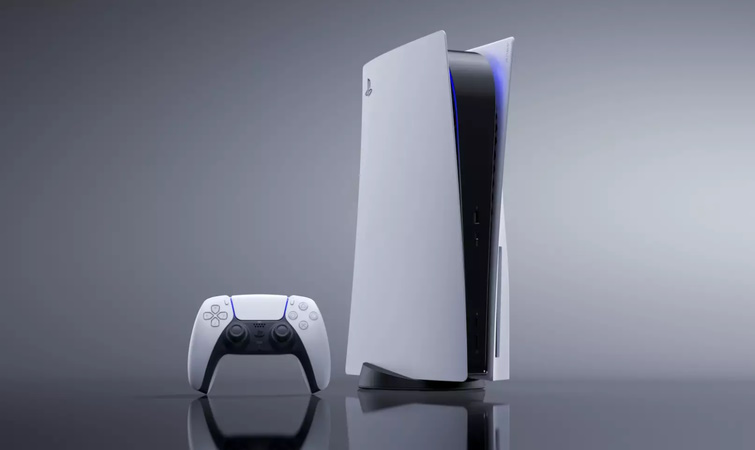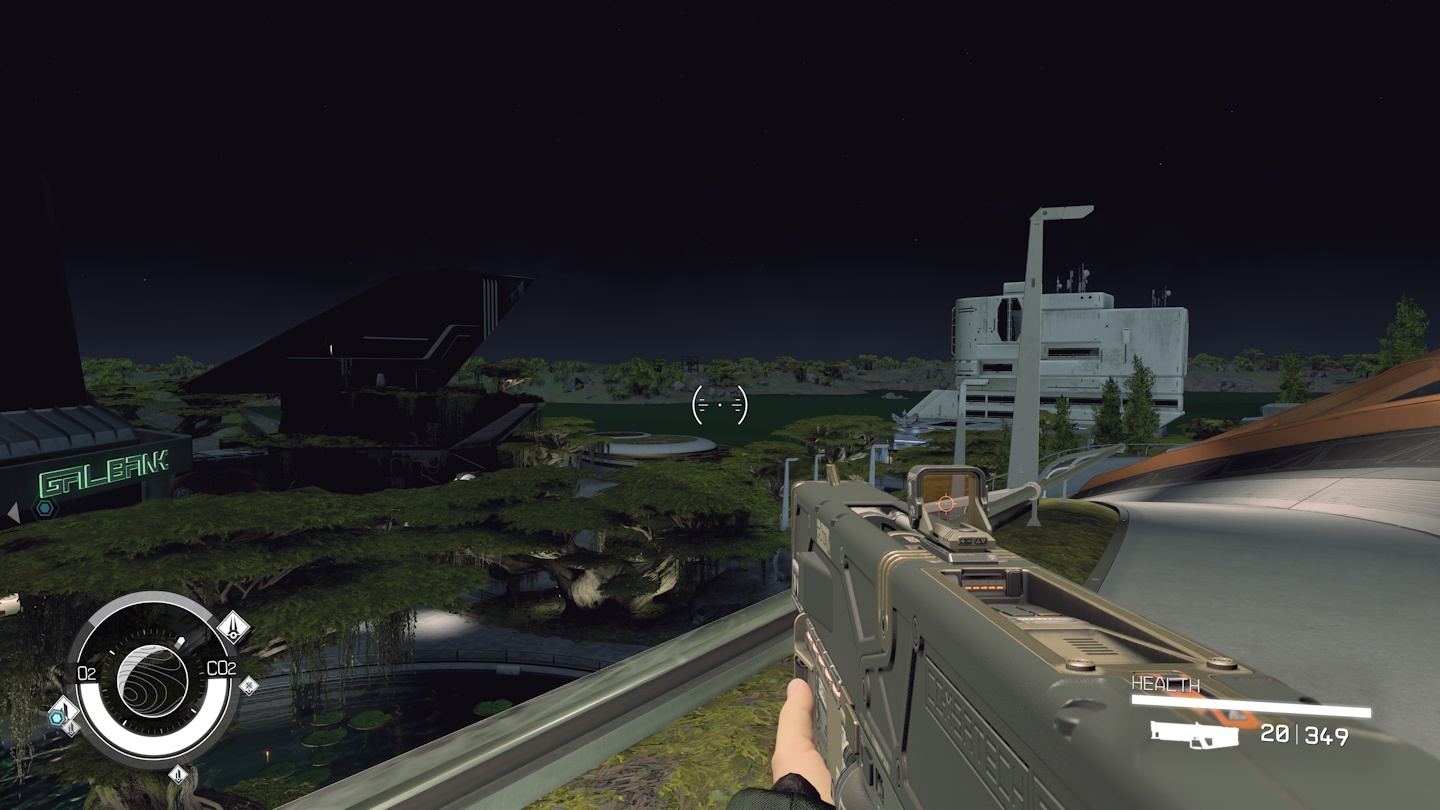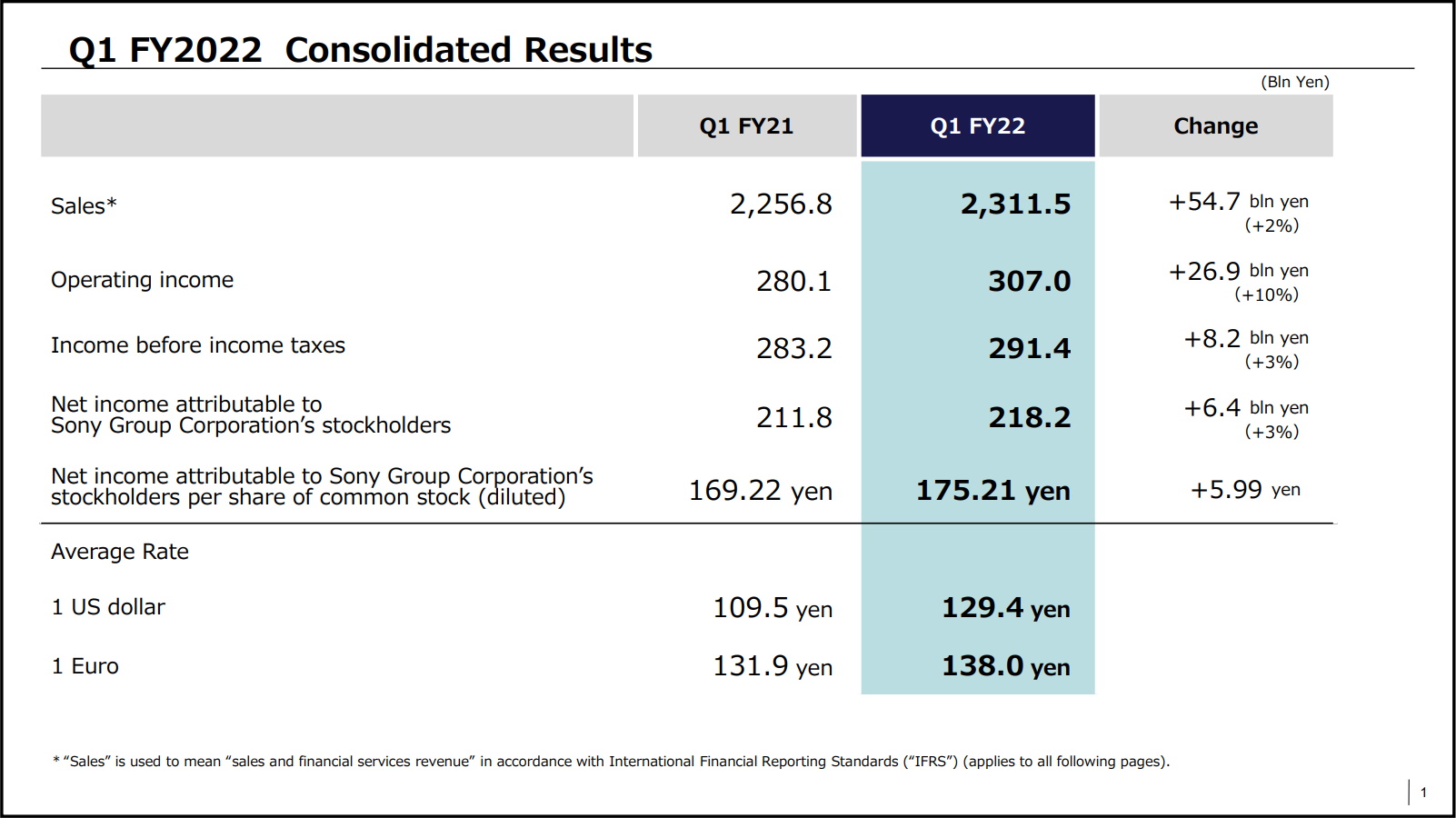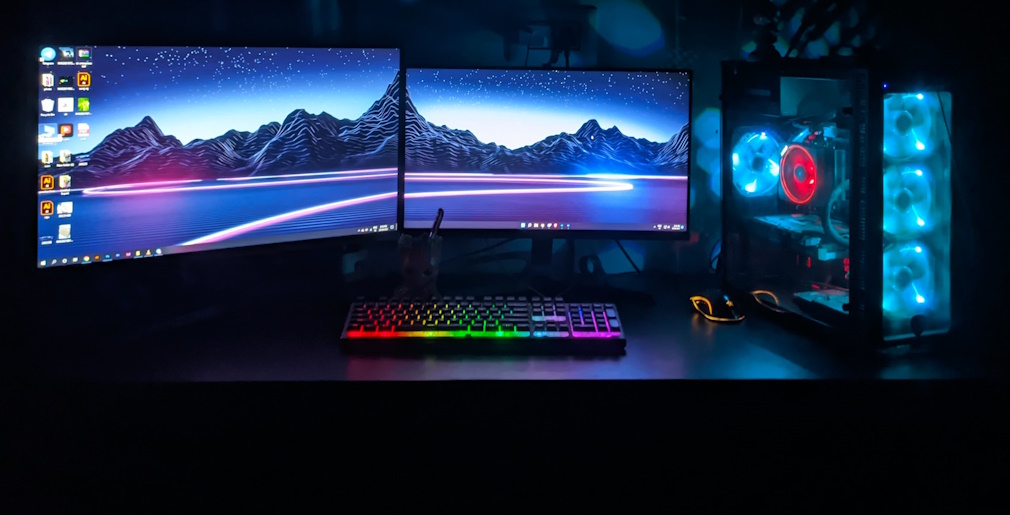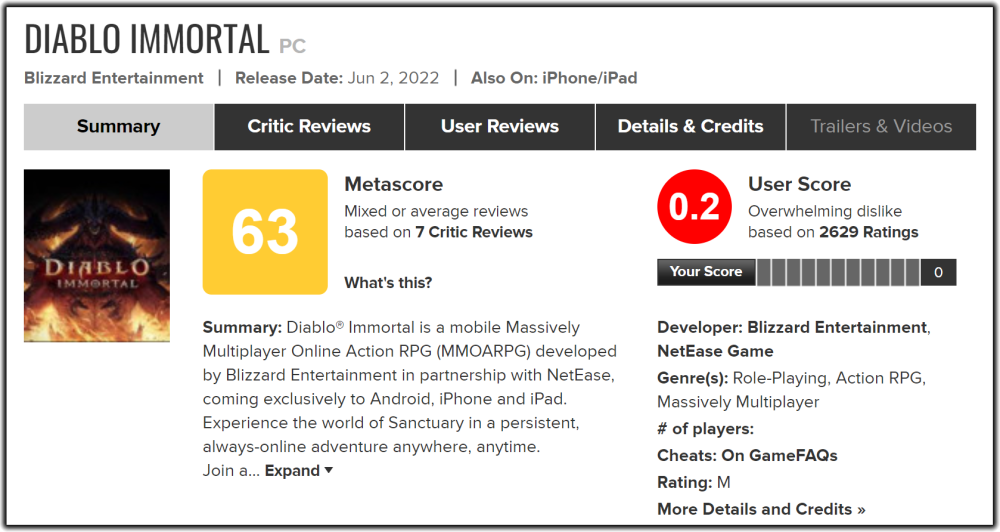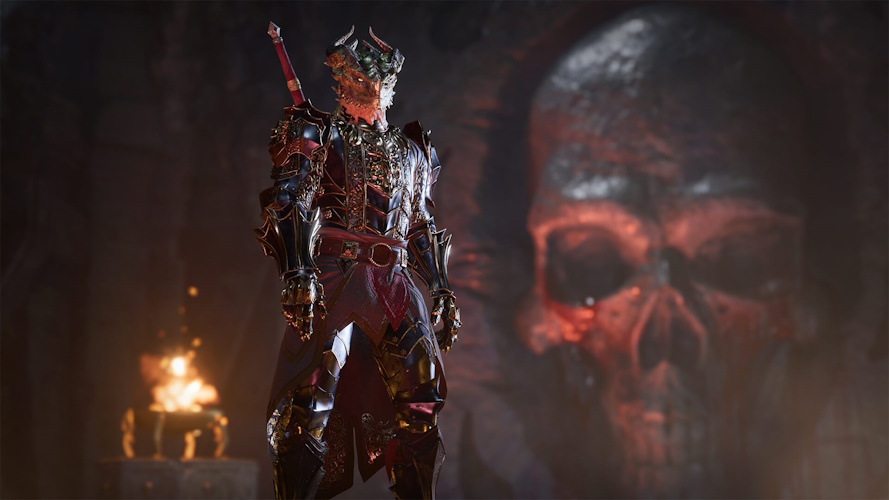Uh, Xbox? You okay there?
I’m genuinely flummoxed by recent decision-making over at Xbox. I’ve said before that, while I’m a Game Pass subscriber on PC, I don’t own either of the current-gen home consoles – so I’m not coming at this from some kind of console war/fanboy perspective. But it’s pretty concerning to see Xbox flopping around like a dying fish, seemingly unable to turn its massive and ever-expanding gaming empire into anything remotely profitable.
If you haven’t heard the news, Xbox recently announced the closures of four subsidiary studios. One of those is the beleaguered Arkane Austin, developers of Redfall – which was one of the biggest flops of 2023. I’m never in favour of a studio being shut down after one failed project – especially when that studio has a previous track record of success. But I could at least understand why something like that might happen; we’ve seen it often enough with publishers like Electronic Arts, for example. Blame for a failed title gets pushed onto the developer – often unfairly, as studios are increasingly pushed to work on titles outside of their areas of expertise by publishers – and then they end up being closed down. It sucks, but it’s happened before.
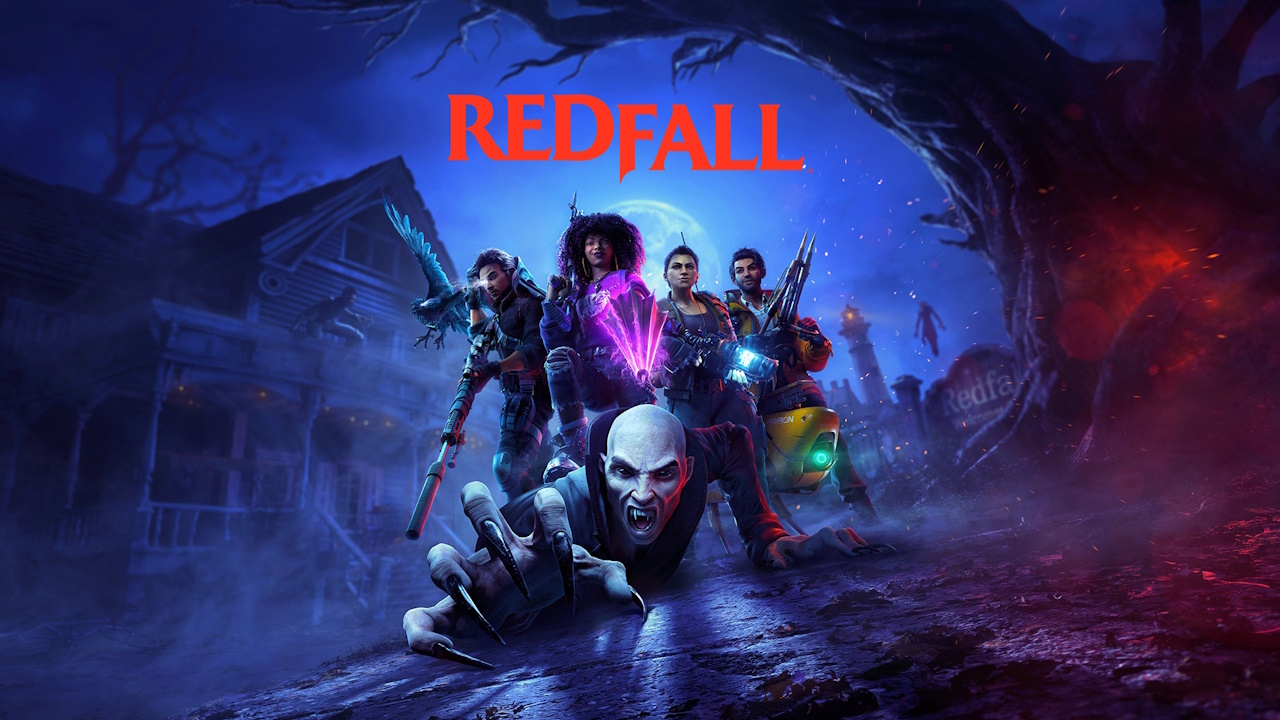
But what I honestly cannot understand is Microsoft’s decision to close Tango Gameworks – developers of Ghostwire Tokyo and Hi-Fi Rush, both of which have been successful titles for Xbox and Game Pass, with the latter even being launched on PlayStation to great fanfare. Closing down a studio after a high-profile failure is one thing, but after releasing critically-acclaimed titles that achieved more than anyone could have expected? It makes absolutely no sense – and seems to be indicative of a company in disarray.
Microsoft and Xbox may have bitten off more than they could chew with the recent Activision-Blizzard acquisition. Although that side of the company is one of the only profitable spots for Xbox at the moment, the massive outlay to purchase the company in the first place has clearly burned a hole in the once-infinite pockets of Microsoft, and that appears to have led to some very short-term thinking on the part of some executives. They’re scrambling, looking for any and all money-saving options.

Xbox has been running way behind PlayStation since the end of the Xbox 360 era, and that shows no signs of changing any time soon. PlayStation 5 consoles are outselling Xbox Series S and X consoles by a huge margin, and Microsoft has been struggling with that for a while. But Xbox’s ace in the hole should be Game Pass – as I’ve said more than once, subscriptions seem to be the direction of travel not only in the gaming marketplace, but in media in general, and Xbox has been first out of the gate with the biggest gaming subscription around. There have even been calls in some quarters for Xbox Game Pass to launch on PlayStation, such is the demand for the service.
But Game Pass is, as we’ve also discussed, somewhat of a double-edged sword. More people signing up naturally means fewer direct sales of games – because any player who’s joined Game Pass is incredibly unlikely to shell out extra money for a copy of a game they can already play. When some critics of Game Pass tried to spin this as a major “problem,” I pushed back on that, saying it was a silly argument. Microsoft and Xbox know what they’re doing, I argued, and a short-term hit to individual sales will have simply been an expected part of the equation as Game Pass establishes itself. But apparently I’ve over-estimated the intelligence of some of Microsoft’s executives…

Senior folks at Xbox have been seen in public expressing concern over “flat” sales, and the company doesn’t seem to know how to handle its own Game Pass subscription service – you know, the platform it set up with the explicit intention of changing the way in which Xbox and PC players pay for and engage with games. How on earth that managed to happen is just beyond me, and some of this ridiculous short-term thinking on the part of senior management at Xbox seems to run completely counter to the company’s stated longer-term goals.
Maybe Game Pass isn’t doing as well as Microsoft hoped. It seems, from publicly available data, that the service hasn’t seen a huge influx of new subscribers over the past twelve months, even with the release of major titles like Starfield. But as any film/TV streamer could tell them, building up a user base takes time, and there are bound to be bumps in the road along the way. Hitting the panic button after a few rough months and closing down studios that should be making exactly the kinds of games that Xbox claims to want to prioritise is so stupidly short-sighted that it’s almost incomprehensible.
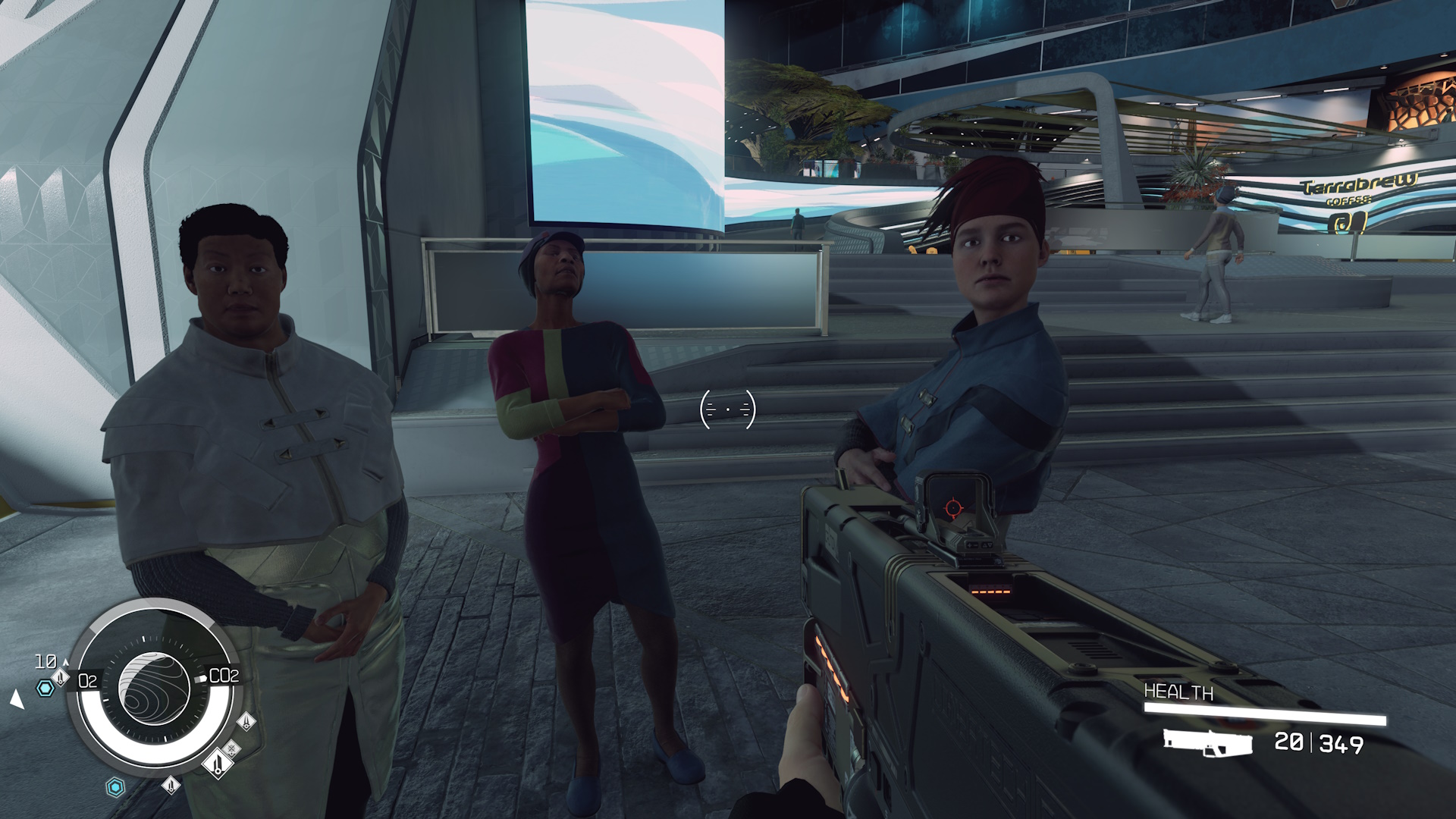
Not for the first time, I feel echoes of Sega’s rather unceremonious exit from the console war some twenty-plus years ago. Perhaps that’s the next step for Microsoft, with its gaggle of newly-acquired studios. Rather than becoming a gaming powerhouse like Nintendo or Sony, producing a glut of high-quality exclusive content, Microsoft is instead going to end up as another Electronic Arts – a publisher owning a number of different studios, ready to close all of them at the drop of a hat if there’s so much as a whiff of underwhelming sales numbers.
That would not be good for gaming. Whatever you may think of Xbox consoles or Game Pass, the games industry needs competition in order to innovate, grow, and provide some semblance of consumer-friendliness. With Nintendo not directly competing with PlayStation for the same audience – being off to one side carving out its own niche – it’s up to Xbox to be the competitor that the gaming landscape needs. If Xbox is indeed failing, in danger of crashing out of the market… that’s not going to be good for anyone in the longer-term.
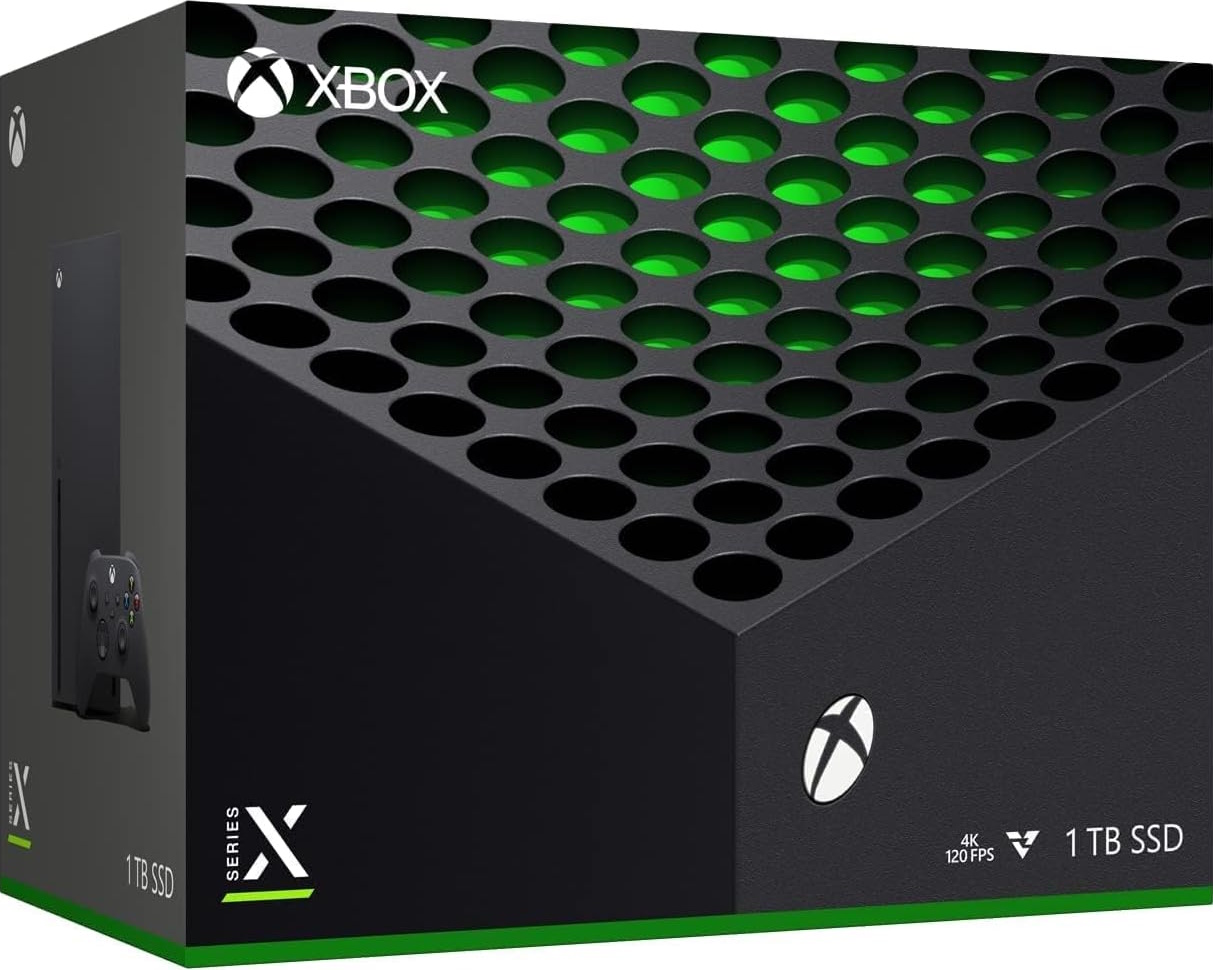
I don’t believe for a second that this will be the end of the line for Game Pass, nor for subscriptions in gaming in general. Those things are here to stay – even if Microsoft and Xbox can’t figure out how to make them work properly right now. The direction of travel in media is still toward subscriptions and away from box sets and physical discs, and I don’t see that changing in the short-to-medium term. Game Pass, while it may be struggling to attract new users right now, is still an exceptionally good deal and a great way into current-gen gaming for players on a budget… but it’s on Microsoft and Xbox to find a better way to take advantage of that. Top tip: shutting down studios that could produce brand-new titles to add to the service that would attract new subscribers is categorically not the way to do it!
On a personal level, it’s hard not to feel for the folks at Arkane Austin, Tango Gameworks, and the other studios that Microsoft has killed off this month. And for the dozens of other studios that other big publishers have shut down. The games industry in general feels quite unstable right now, with high-profile flops, studio closures, and large numbers of people being laid off left, right, and centre. Corporate greed accounts for a huge chunk of that, by the way, and don’t let anyone tell you otherwise. Many of these decisions are being taken to boost already record-breaking profits and to provide even more money for shareholders and investors.
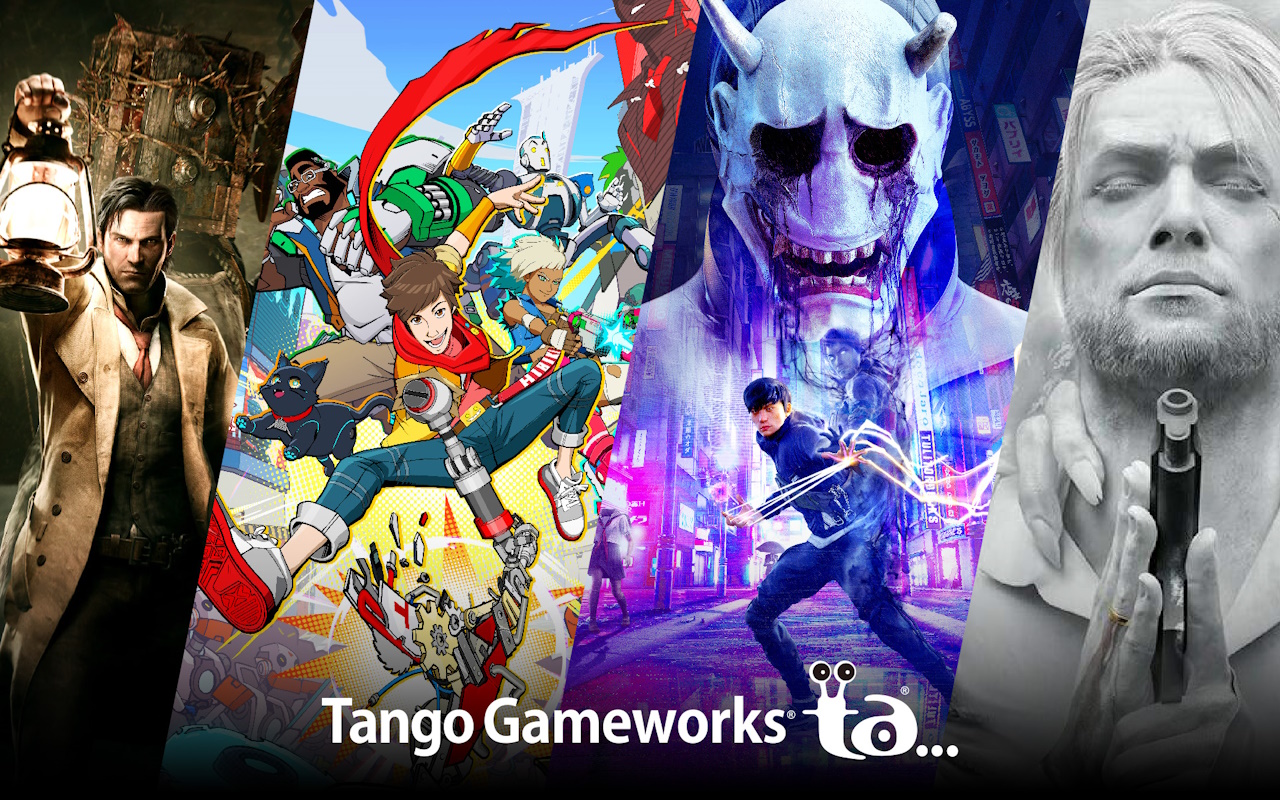
All of this self-inflicted bad news for Xbox comes just a few weeks before the company’s big Summer Showcase event, at which several new titles are supposed to be revealed. Indiana Jones and the Great Circle, Avowed, Flight Simulator 2024, and Starfield’s Shattered Space DLC are all likely to be shown off in detail at the event, and there’s even going to be a special Call of Duty-themed presentation following Microsoft’s acquisition of Activision. But it’s hard not to see that event being totally overshadowed by recent closures and lay-offs, and the general sense that Xbox as a brand is struggling to find a direction and an identity right now.
For players who might tune into the Showcase, or who might be subscribed to gaming news publications that will cover the event… what are they to make of Xbox, when the company seems to be all over the map with its exclusives, lack of exclusives, new studios, and studios that have just been shut down? With some of Xbox’s precious few exclusive titles already making their way to competing platforms, and studios that developed popular and successful titles being unceremoniously killed off, how can any player have faith in Xbox and the upcoming titles it wants to highlight?
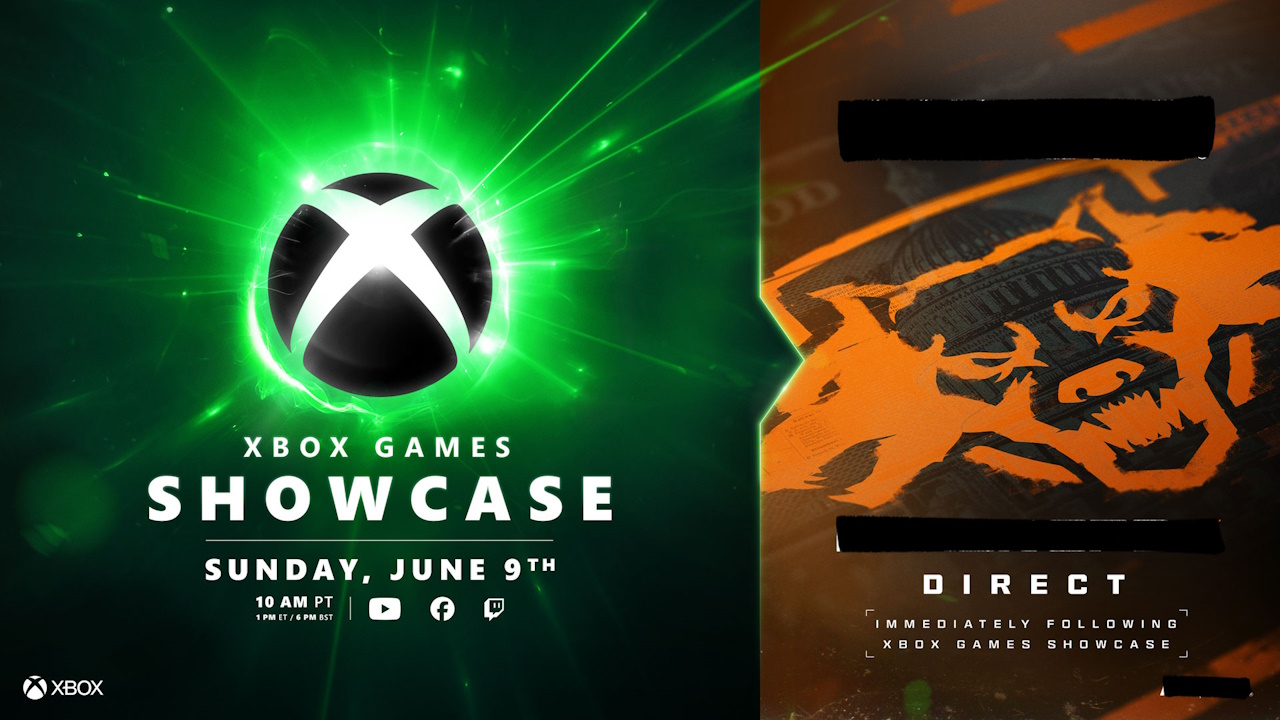
Suppose Shattered Space doesn’t cut it for Starfield, and player numbers remain low. Will Xbox insist that future development on Bethesda’s attempted space epic is halted? What if Avowed does incredibly well and wins some big awards… but executives decide to shut down Obsidian Entertainment anyway? If I’m looking on as a potential player… why shouldn’t I just wait six months until some or all of these games come to PlayStation or to Nintendo’s next console? What’s the point in buying an Xbox any more?
All of these are questions that Microsoft has opened up by some truly bizarre and desperately short-term moves over the past few weeks and months. If you’d asked me even a year ago what Xbox’s strategy was, I’d have said clearly that there’s a focus on building up Game Pass as a subscription service with a guaranteed income, backed up by some expensive studio and publisher acquisitions to make new titles to add to the platform. But now? What is Xbox trying to do? Where’s the longer-term planning, and where does Microsoft see the Xbox brand in ten years’ time, five years’ time… or even just this time next year? I genuinely don’t know any more.

It’s a strange time to be following the games industry – and I suppose that’s been true for a while now, really. Despite the predictions of some doomsters, I doubt very much that we’re heading for a 1983-style “market crash.” Gaming has grown so much since those days, and I just can’t imagine a collapse of that nature happening… at least not in the immediate term. But bigger changes may be afoot, and if Xbox is losing money and unable to keep up with PlayStation, well… sooner or later, something’s gotta change.
As I said a few months ago when talking about Xbox and its exclusivity problem, I don’t believe that the company ceasing to produce consoles would be a good move for the market overall. But, as Sega found just after the turn of the millennium, focusing on software instead of fighting a losing battle on the hardware front might be what’s needed to save the brand.
Strange times indeed.
All titles discussed above are the copyright of their respective developer, studio, and/or publisher. This article contains the thoughts and opinions of one person only and is not intended to cause any offence.



